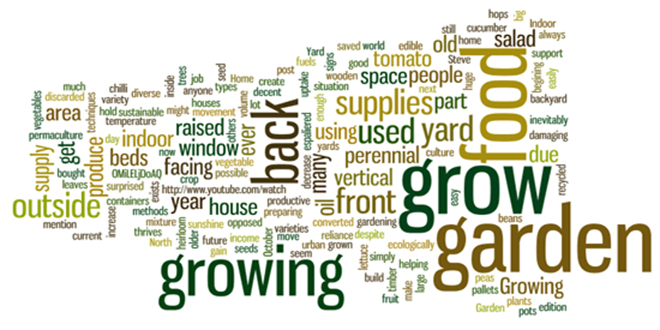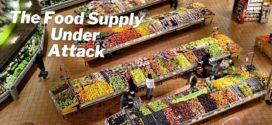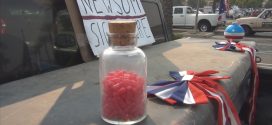by GREGORY KATZ | AP | July 3, 2015
KARITAINA, Greece (AP) — Ilias Mathes has protection against bank closures, capital controls and the slashing of his pension: 10 goats, some hens and a vegetable patch.
If Greece’s financial crisis deepens, as many believe it must, he can feed his children and grandchildren with the bounty of the land in this proud village high in the mountains of the Arcadia Peloponnese.
“I have my lettuce, my onions, I have my hens, my birds, I will manage,” he said, even though he can no longer access his full pension payment because of government controls imposed six days ago. “We will manage for a period of time, I don’t know, two months, maybe three months, because I also want to give to our relatives. If they are suffering, I cannot leave them like this, isn’t that so?”
The production of food and milk gives villagers in many parts of Greece a small measure of confidence – and a valuable buffer. But that doesn’t mean the financial cut-off doesn’t cause headaches. Some in Karitaina have to pay 40 euros in taxi fares to get to and from the nearest banks just to withdraw 60 euros, the maximum daily amount for those with bank cards.
The bus to Megalopoli, the town with the bank, was shut down – a victim of austerity. Many of those who used to drive are now too unwell to do so. The majority who live here are retirees, shrouding the town in eerie quiet broken only by the constant birdsong and the sporadic shouting of people arguing about the financial crisis at a vine-shaded café in the town square.
 Weaponized News New World Order politics, economics and current events
Weaponized News New World Order politics, economics and current events







